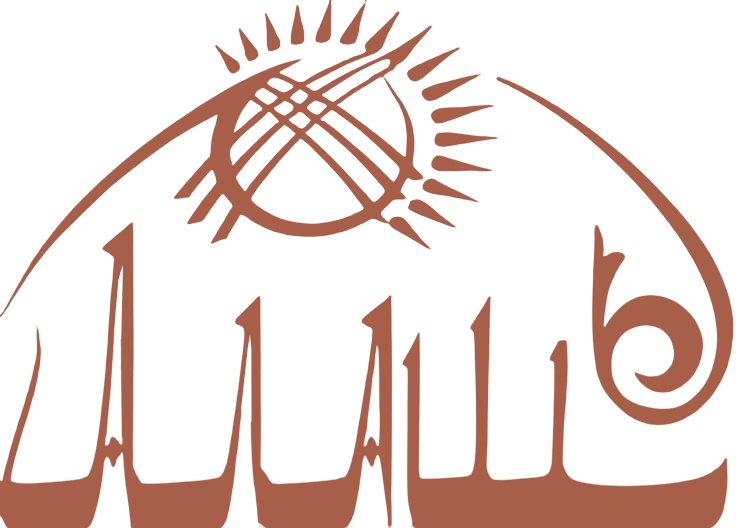
Karash Gumar is a poet, public figure. He was born in Zhanybek district, West Kazakhstan oblast in 1875. He studied literacy at the aul mullah. In 1902 he taught in his native village. In 1911-1913 he worked in the newspaper “Kazakhstan”. He collected and published samples of Kazakh folklore in the collection “ІІІаiyr” (1910) and “Kөksilder” (1911) under the guidance of Sh. Bokeev. During the poet’s lifetime five poetry collections “Bala tulpar” (Ufa, 1911), “Karlygash” (Kazan, 1911), “Tumysh” (Ufa, 1911), “Aғa tylpar” (Orenburg, 1914), ” (Ufa, 1918) and research in 3 volumes “Oyғa kelgen pikirlerim” (Orenburg, 1910), “Өrnek” (Ufa, 1911), “Bedel hazhy” (Kazan, 1913) were published. In his works G. Karash expressed his feelings and views of the world around him, a protest against violence and evil. G. Karash was a supporter of the Alash Party and his government (a collection of poems “Alashtyn azamattaryna -“ To citizen of Alash” ), he spoke out against force ways of overthrowing the existing social formation (Neden korkamyn (Why we was afraid), “ Kun tudy(“The day came “). But he soon joined the struggle for Sovietization of the aul.
G.Karash is a participant in the congress of the Kazakhs of the Bokei Horde in the Horde (May 1917) and the 2nd All-Kazahk Congress in Orenburg (December 5-13, 1917). He was a delegate of the First Congress of Teachers of the Bokeyev Gubernia (September 24, 1918) and the 1st, 2nd, 3rd, 4th Congresses (1918-1920) of the Bokeev Gubernia Councils. He was a editor of the first of the Kazakhstan pedagogical magazine “Migalimge”( For teachers). His enlightenment views was expressed in the work of “Pedagogy”. In 1920 he was a head of the department of the Bokeyev Provincial Executive Committee. He died in the place of Kuzanshapkan from the hands of bandits. The works of G.Karash were printed in Kazakh in school textbooks, in Russian – in the collection “Anthology of Kazakh Poetry” (1958) and “Kazakh Poets” (Leningrad, 1978). Verses and poems of the poet, his philosophical reflections, stories and articles were published in the collection of Zaman (Almaty, 1994).



